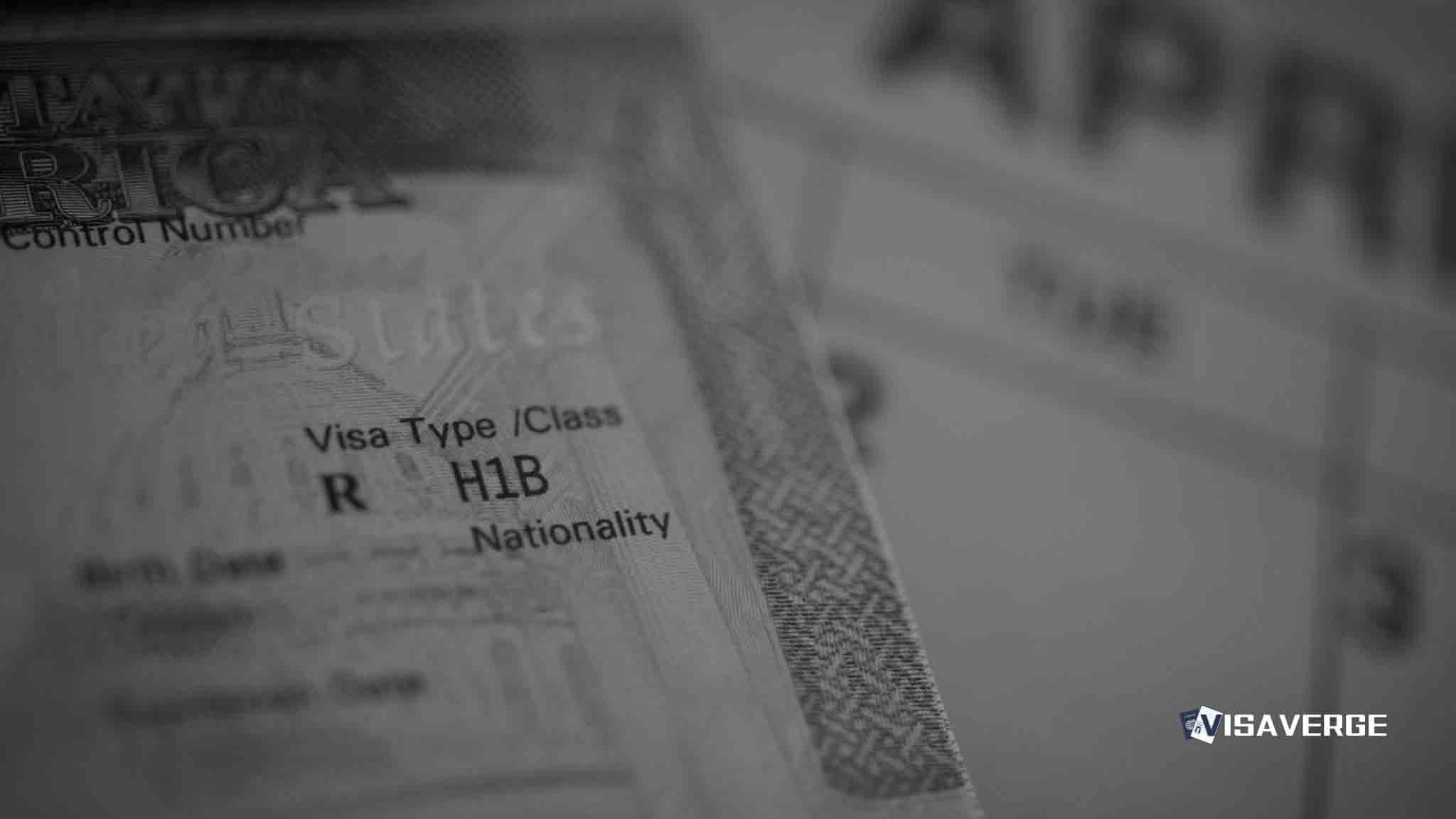(UNITED STATES) As Washington braces for the effects of a federal government shutdown, families tied to human trafficking cases face an urgent question: will their T visa derivative petitions still move forward? The short answer is yes.
During a federal government shutdown, USCIS operations largely continue because the agency is funded by application fees rather than annual congressional appropriations. That means petitions for T visa derivative family members can still be filed and reviewed, even if other parts of the federal government stop. According to analysis by VisaVerge.com, this fee‑funded model allows USCIS to keep core casework going, including adjudications tied to T nonimmigrant status for qualifying relatives.

What stays open and why it matters
The distinction matters for survivors of trafficking and their families, who often wait months for relief and safety. When a shutdown hits, many people assume everything stops. For T visa derivative cases, that is not the case.
- USCIS continues to accept and handle Form I‑914, Supplement A (the official application for a qualifying family member of a person granted or seeking T nonimmigrant status).
- There is no direct suspension or furlough of USCIS personnel tied to these petitions triggered by a shutdown.
- Applicants can expect the agency to keep acting on cases, accept filings by mail, and issue decisions.
What can still slow things down
Although USCIS continues its work, practical slowdowns can happen outside USCIS because some agencies rely on congressional funding.
- The Department of Labor’s Office of Foreign Labor Certification (OFLC) pauses services during a shutdown, which affects employment‑based processes that depend on labor certifications.
- T visa derivative petitions do not require DOL certifications or the OFLC path, so those closures do not directly affect USCIS processing of these petitions.
- Programs like E‑Verify depend on appropriated funds and do not operate during a shutdown, but E‑Verify is not part of the T derivative pipeline.
This split picture—USCIS remaining open while other parts of the immigration network slow or pause—can confuse families. It helps to separate what keeps running from what does not.
Domestic vs. consular processing
Where a family member is physically located determines next steps:
- If a qualifying family member is inside the United States, they may be granted derivative T nonimmigrant status domestically, avoiding consular travel.
- If a family member is outside the United States, USCIS can still approve the derivative petition, but the family member must then apply for the travel visa at a U.S. consulate or embassy abroad.
Important note: The consular step is a Department of State process and can face delays unrelated to USCIS, especially during broader federal disruptions.
How shutdowns affect processing timelines
- A shutdown does not force USCIS to stop receiving or deciding T derivative petitions.
- Processing times can still fluctuate because of regular backlogs, mailroom capacity, workload spikes, and other operational factors.
- If you see a delay, it is more likely tied to routine backlogs or the consular step for relatives abroad—not a shutdown‑linked halt inside USCIS.
Filing and evidence checklist
Applicants and their attorneys should file timely and keep records complete. Key actionable items:
- Confirm the correct form:
- Form I‑914, Supplement A (Application for Derivative T Nonimmigrant Status) — submit this to USCIS.
- Keep filings complete:
- Follow the form edition and USCIS filing instructions precisely.
- Preserve records:
- Maintain copies of all pages, receipts, and mailing proof.
- Track communications:
- Watch for USCIS receipt notices and any Requests for Evidence (RFEs) and respond promptly.
Filing the wrong form or sending it to the wrong place causes more delay than any shutdown effect on USCIS.
Practical guidance during a shutdown
A focused approach helps. Recommended steps:
- Confirm the family member’s location (in U.S. or abroad).
- Gather required evidence to support the derivative application.
- File Form I‑914, Supplement A and track the USCIS receipt.
- Keep contact information current to avoid missed mail or notices.
- Prepare for consular processing if the relative is overseas and anticipate possible appointment delays.
Bullet summary of key points:
- USCIS remains open for T visa derivative filings and decisions.
- There is no direct suspension of USCIS personnel handling these petitions due to a shutdown.
- If the family member is in the United States, USCIS may grant derivative status without consular travel.
- If the family member is abroad, they must apply at a U.S. consulate or embassy after USCIS approval; that step may face delays.
- Programs like E‑Verify and the Department of Labor’s OFLC pause during a shutdown but do not directly affect T derivative petitions.
- Processing times can still vary due to non‑shutdown factors like backlogs and mail delays.
Effects beyond USCIS and what to expect abroad
Where families abroad may feel the shutdown most is at U.S. consulates and embassies. Timing for visa interviews and document issuance can become unpredictable for reasons not tied to USCIS. Families should:
- Monitor the consulate’s instructions.
- Keep documents organized and ready.
- Plan for potentially longer waits for appointments or issuance.
Role of advocates, lawyers, and community groups
Legal service providers, shelters, and advocacy groups often field many questions during shutdowns. Clear messaging they can share:
- USCIS keeps receiving and adjudicating T derivative petitions.
- Consular steps may face delays separate from USCIS.
- Other paused programs do not block USCIS from doing its part.
Lawyers frequently prepare cover letters clarifying whether a family member is in the U.S. or abroad to streamline subsequent processing.
Staying realistic about timelines
- A shutdown does not create a special rule that waives standard filing requirements or deadlines for T derivative petitions.
- Keep calendars for response dates, follow normal filing instructions, and maintain organization.
- Mailing delays can affect receipt notices and RFEs—retain proof of mailing and copies of submissions.
Final takeaway
The headline for families is straightforward: a federal government shutdown does not stop USCIS from receiving and deciding T visa derivative petitions. USCIS’s fee‑funded structure allows it to keep working on these cases even when other parts of the federal government pause.
For official form details and instructions, see the USCIS pages below:
– Form I‑914, Supplement A, Application for Derivative T Nonimmigrant Status
– USCIS T Nonimmigrant Status
Frequently Asked Questions
This Article in a Nutshell
During a federal government shutdown, USCIS largely continues operations because it is fee‑funded, meaning T visa derivative petitions (Form I‑914, Supplement A) can still be filed and adjudicated. USCIS personnel handling these petitions are not directly furloughed by a shutdown, and filings by mail and decisions continue. However, other agencies that rely on congressional funding — such as the Department of State consulates and the Department of Labor — may pause or delay services, which can affect consular interviews, labor certifications, or E‑Verify checks. Applicants should confirm the family member’s location, submit complete forms and evidence, track receipt notices and RFEs, and prepare for potential consular scheduling delays. Maintaining organized records and working with legal advocates helps mitigate routine backlog or mailing delays that are not caused by a shutdown.








